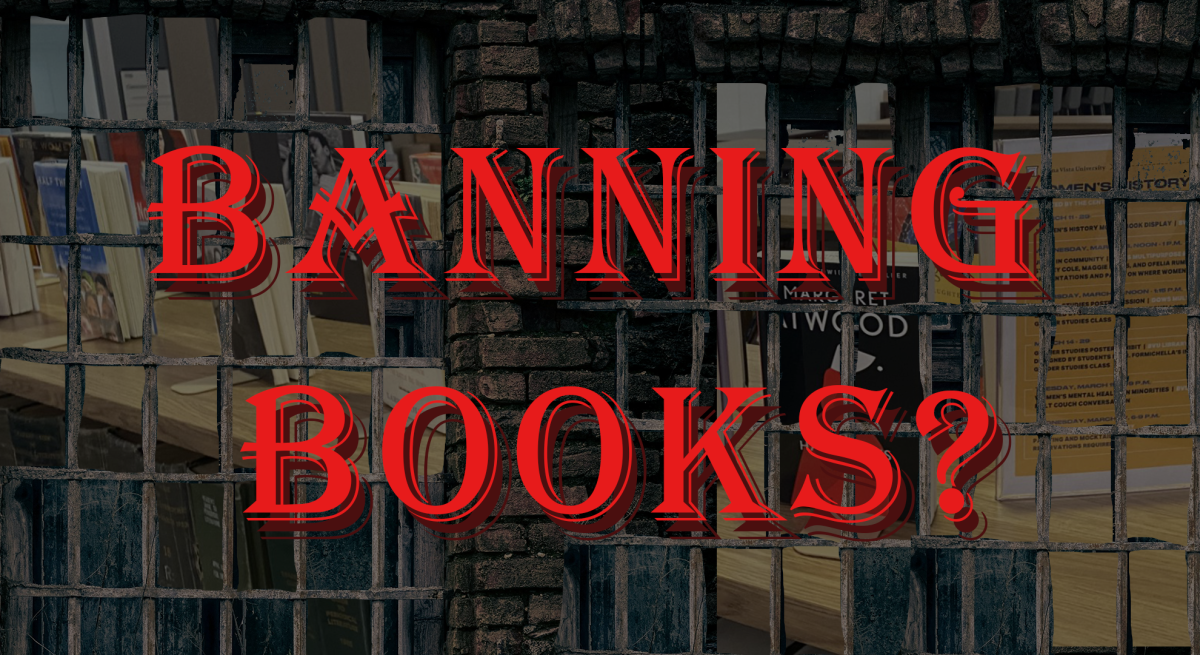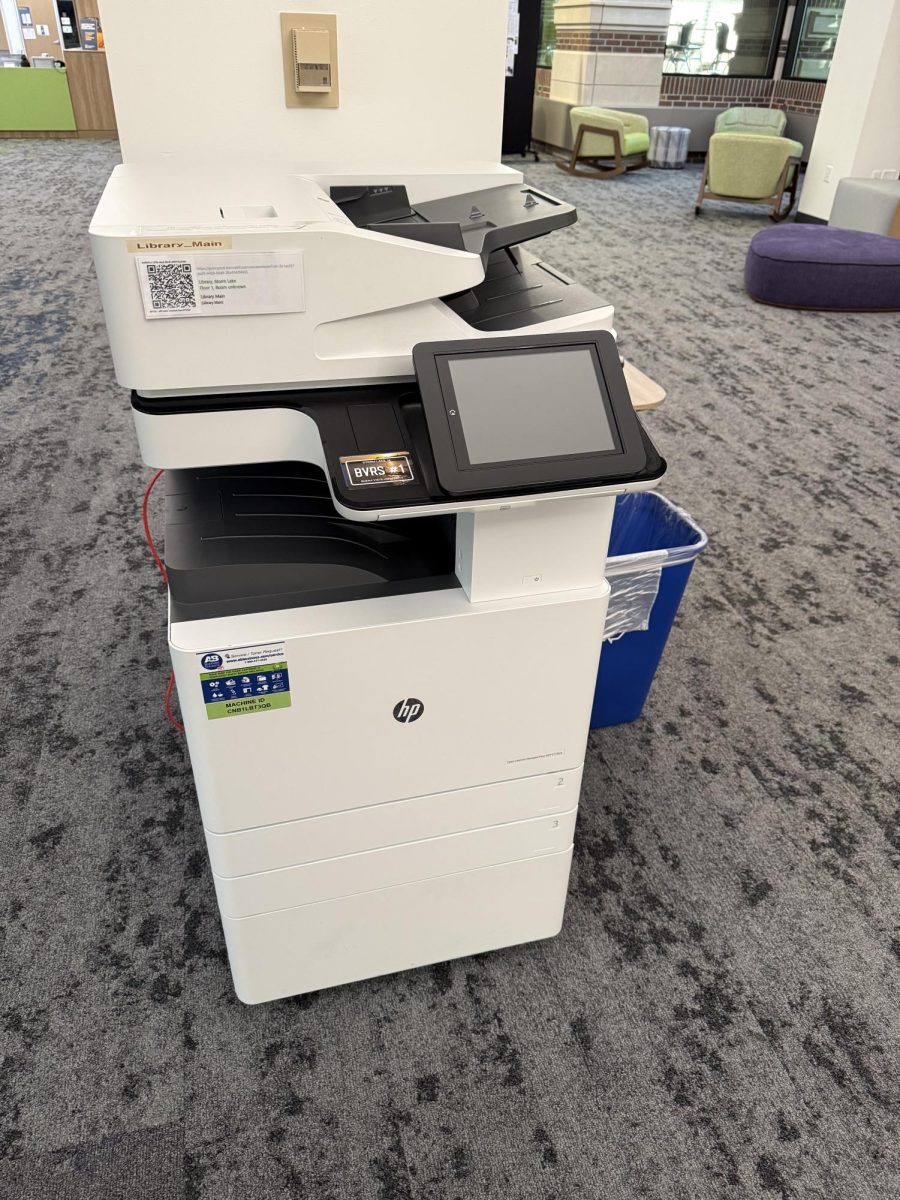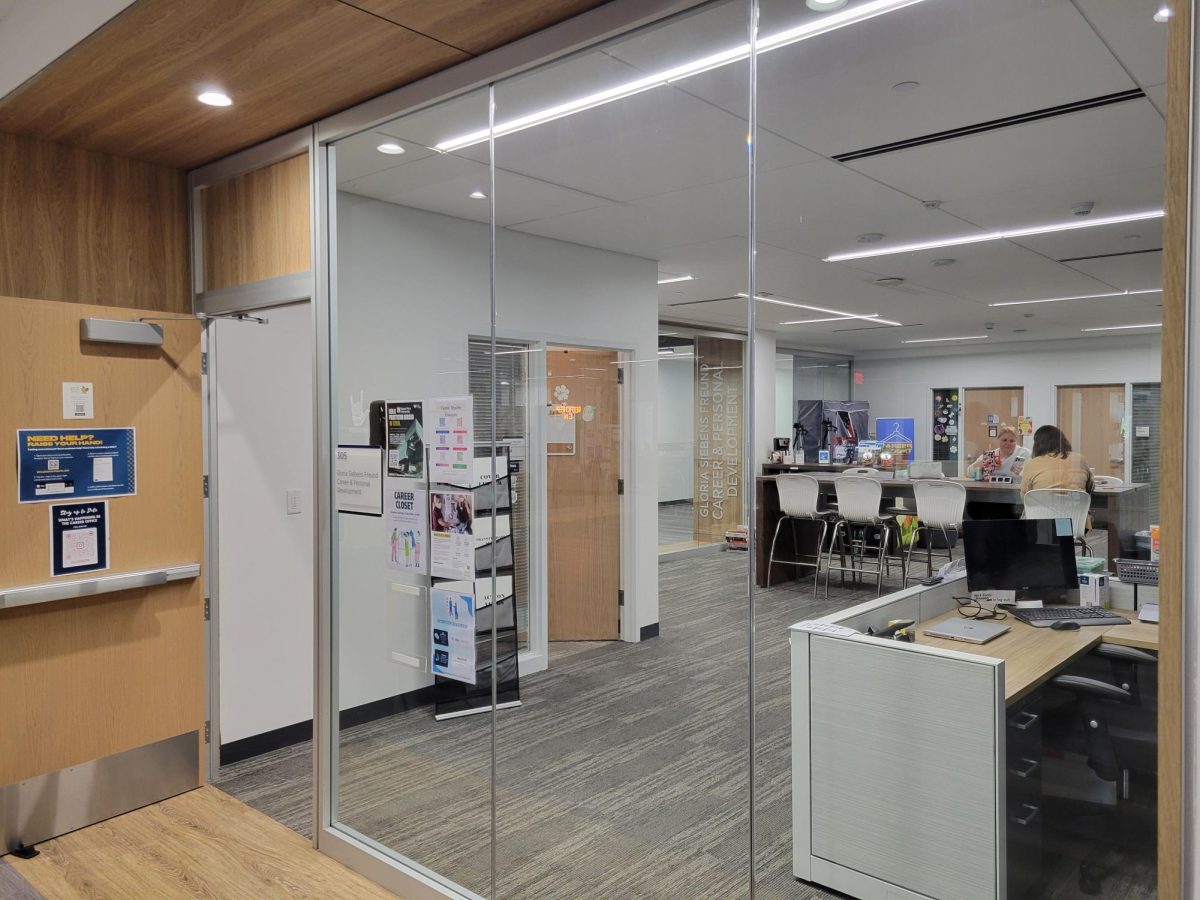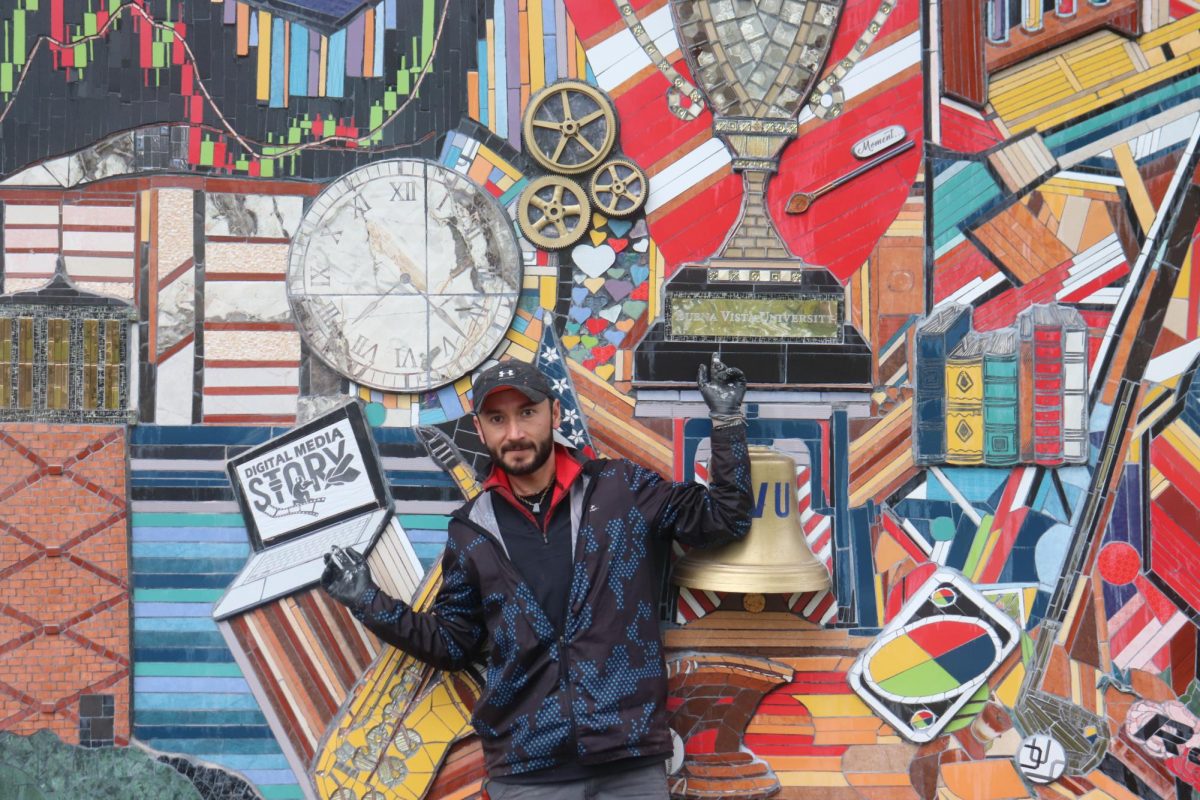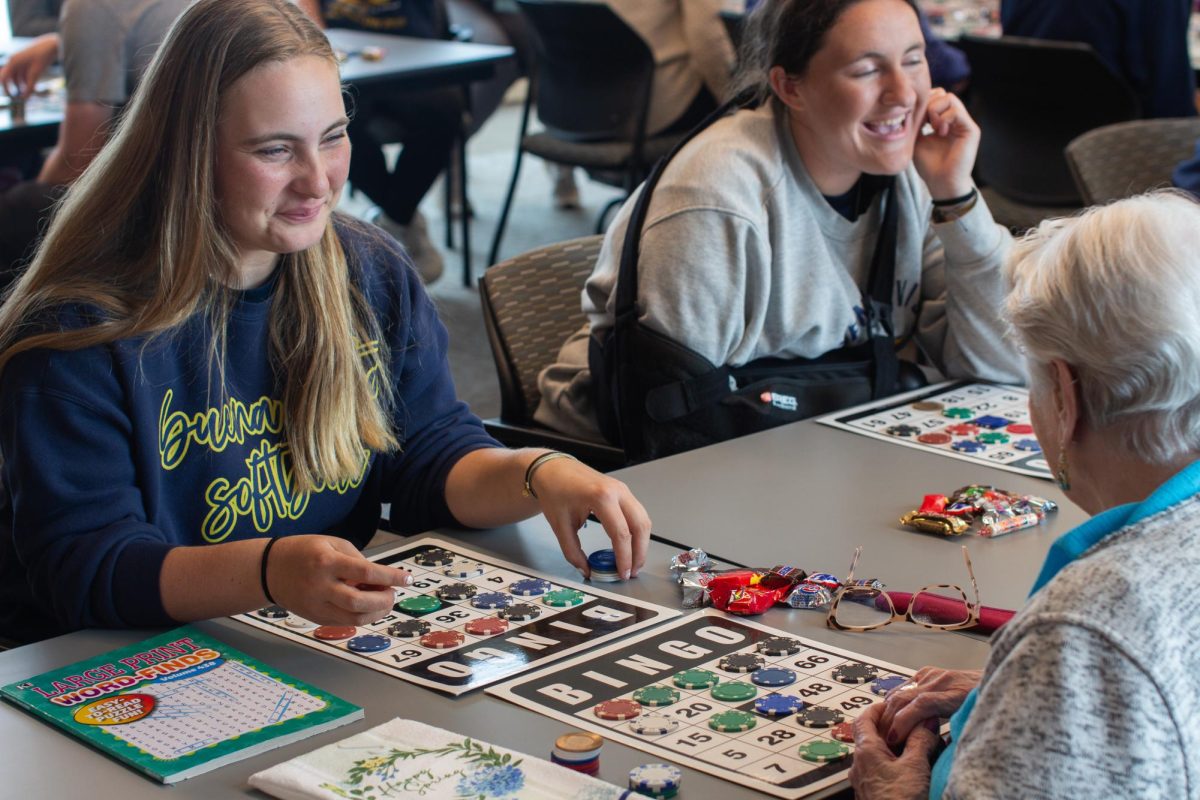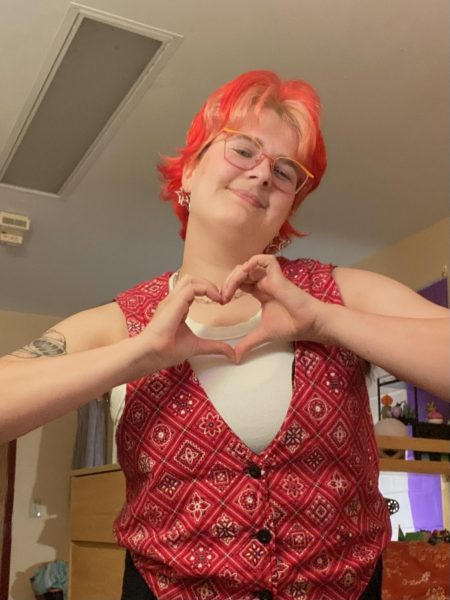High schools have had to remove books from their shelves, curriculums have been under fire, and even public universities like the University of Iowa have had to limit diversity, equity, and inclusion programs. This all comes as part of a nation-wide movement to control what is appropriate content in education. While Buena Vista is a private school, this movement still has staff and educators worried.
Many of the recent books removed from schools have been the result of parents or parent organizations, like Moms for Liberty, an organization that is, “Dedicated to fighting for the survival of America by unifying, educating and empowering parents to defend their parental rights at all levels of government.” Parents concerned about the content their children have access to are calling for the complete removal of books from school libraries, limiting the access of all students. Jodie Morin, director of the BVU library, said, “There’s a line to be drawn between deciding what’s right in your own family and deciding what’s right for society as a whole.”
Many of the reasons these books are contested is due to content about sex, sexual violence, and discussions about racism. These topics are heavy and complicated for young readers, but educators are concerned about what this means for the wellbeing of the students themselves. Dr. Annamaria Formichella, Professor of English at BVU, said, “If you pull everything that’s not a perfect happy life, you lose all the students who aren’t having a perfect happy life, which is probably 90% of them.” While these books are valued by many, access to them is becoming more difficult. That’s when you can turn to your libraries.
The BVU library on campus doesn’t currently have any contested titles. Morin said, “A lot of things that are happening in the public and school libraries don’t really apply to us. But people hear about it, and I think they’re interested and kind of want to know what’s out there.” As part of her efforts, Morin has been organizing book displays in the library. Topics of past displays have included LGBTQ+ books, African American history, and banned books. These displays are designed to catch student attention and show off what titles the library has to offer.
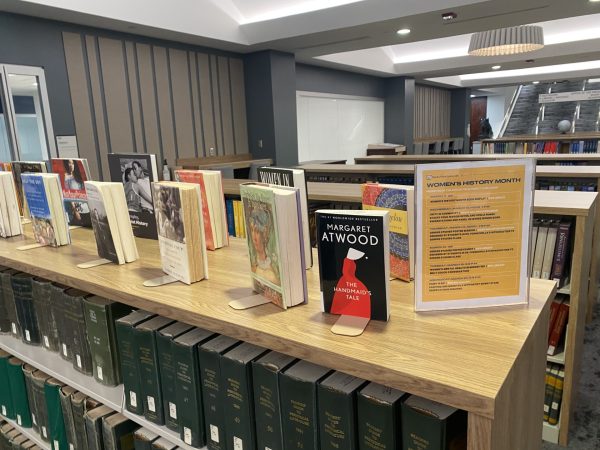
While the BVU library may be safe from censorship, that doesn’t stop this from being a local issue. Like schools, public libraries are also under criticism for their content. Morin shared an anecdote about a public librarian she met from Texas: “She told me stuff about moms for liberty that just about curled my hair. And it’s a constant thing for her in this suburban public library where she worked. And you could just tell it was just wearing her down constantly to be battling this.” Morin encouraged students to get involved with their local libraries, even saying, “Take your public librarian some doughnuts. Be kind to them.”
Both Morin and Formichella agreed that it’s important for students to visit libraries, educate themselves about book banning, and, of course, to read. As Formichella put it, “If our worst problem is someone’s checking out a book from a library and reading it, then we’re doing pretty well.”



